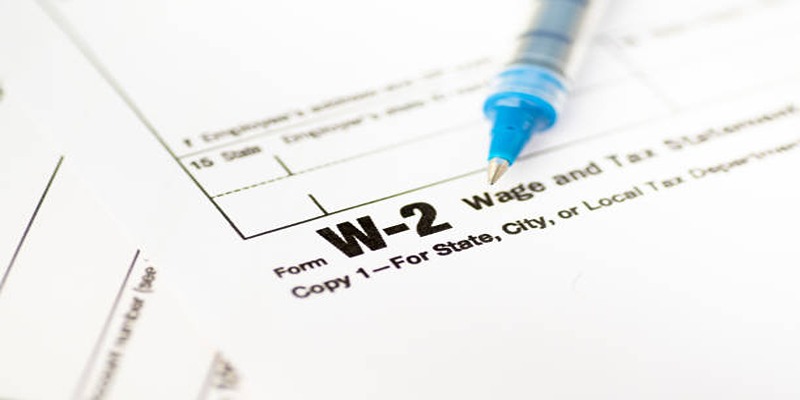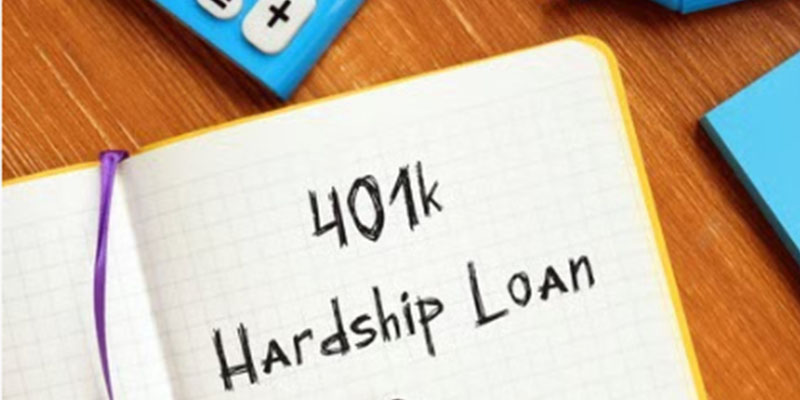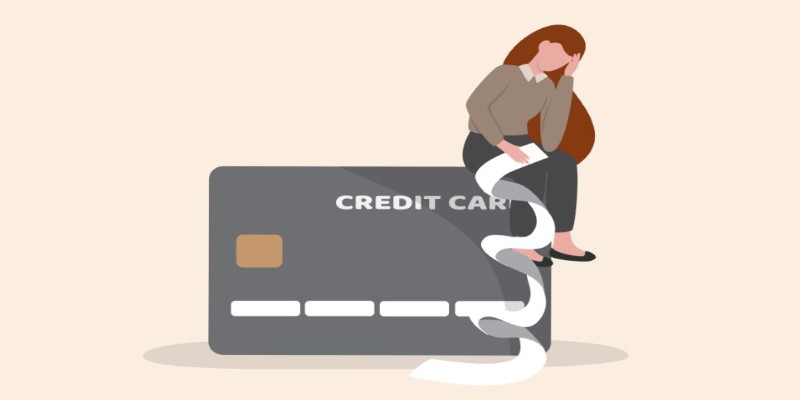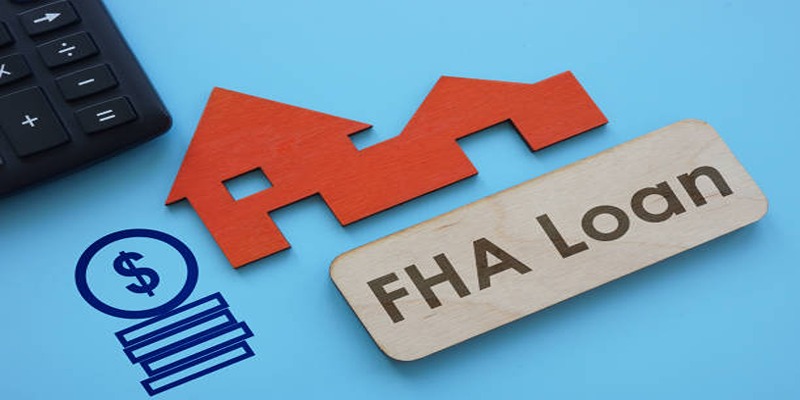Homeownership can feel out of reach for those with low credit scores, as traditional mortgages are harder to secure. Thankfully, FHA loans are designed to make buying a home more accessible. With flexible options and benefits, these loans help first-time buyers overcome financial challenges and turn their dream of owning a home into reality. This blog explains how FHA loans work and why they’re a great option.
What are FHA Loans?

FHA loans are mortgages insured by the Federal Housing Administration, created in the 1930s to promote homeownership during the Great Depression. These loans are designed to help buyers who may have lower credit scores, minimal savings for a down payment, or limited financial history. Even today, FHA loans remain a popular option for those who may not qualify for traditional financing.
How FHA Loans Differ from Conventional Loans
Unlike conventional mortgages, FHA loans are insured by the government. This reduces the risk for lenders, encouraging them to work with buyers who would be considered higher-risk in traditional lending circumstances.
Key differences include:
- Lower credit score requirements (minimum scores as low as 500).
- Smaller down payment options (as low as 3.5% for qualified borrowers).
- Flexible eligibility criteria, making it easier for first-time buyers or those with unique financial situations to qualify.
FHA loans aim to open the door to homeownership for more individuals and families, especially those just starting their financial journeys or overcoming past financial difficulties.
Why FHA Loans Are Ideal for Buyers with Low Credit Scores
One of the biggest barriers to homeownership is a low credit score, but FHA loans accommodate buyers in ways that traditional loans simply do not.
Lower Credit Score Requirements
Conventional loans often require credit scores above 620 to qualify, and those with lower scores face higher interest rates. FHA loans, however, allow borrowers to qualify with scores as low as:
- 500 and above with a 10% down payment.
- 580 and above with just a 3.5% down payment.
This leniency makes FHA loans an attractive option for those who may have faced setbacks like missed payments or other credit challenges.
Smaller Down Payments
FHA loans significantly lessen the financial strain of upfront costs. The standard down payment is just 3.5% of the home’s purchase price, compared to the typical 10–20% requirement for conventional loans. This reduced requirement levels the playing field for buyers without large savings.
For example, purchasing a $250,000 home would only require a $8,750 down payment with an FHA loan at 3.5%, as opposed to $25,000 for a traditional 10% down payment loan.
Leniency on Financial History
FHA loans consider a broader financial picture rather than solely focusing on a borrower’s credit score. For instance:
- Bankruptcy or foreclosure in the past? FHA guidelines may allow approval after specific waiting periods (e.g., two years after bankruptcy discharge).
- Higher Debt-to-Income (DTI) ratios are permitted, allowing borrowers to qualify even with existing debts.
These considerations help more buyers, particularly those rebounding from financial challenges, secure a mortgage.
Competitive Interest Rates
Since FHA loans are insured by the government, lenders are willing to offer competitive interest rates. Borrowers with lower credit scores can benefit from rates similar to those offered to higher-credit borrowers in conventional markets.
FHA Loan Limits
FHA loans have limits based on location to ensure affordability aligns with regional home prices. While there are caps, these limits are often sufficient to cover moderately priced homes across the country.
Steps to Qualify for an FHA Loan
If you’re ready to explore homeownership with an FHA loan, here are the steps to follow.
Step 1. Evaluate Your Credit Score
Check your credit score to determine your eligibility for an FHA loan. Scores of 580 or higher typically provide the best access to the program's benefits, but scores as low as 500 can still qualify under certain conditions.
Step 2. Save for the Down Payment
While FHA loans require lower down payments, you’ll still need to save at least 3.5% of the home’s purchase price (or 10% for scores below 580). The good news? Gifted funds from family members or assistance programs can often be used.
Step 3. Gather Documentation
Lenders need to verify your finances, so be ready to provide:
- Proof of income (pay stubs, W-2s, or tax returns).
- Bank statements.
- Employment history.
- Information on debt and assets.
Step 4. Work with an FHA-Approved Lender
FHA loans can only be secured through lenders approved by the Federal Housing Administration. Compare lenders to find one that offers favorable terms and meets your needs.
Step 5. Get Preapproved
Before shopping for a home, seek preapproval. This shows sellers that you’re a serious buyer and gives you a clear understanding of your budget.
Step 6. Find Your Dream Home
Once preapproved, start the house-hunting process. Work with a real estate agent experienced in FHA transactions to simplify the process and identify properties that qualify for FHA financing.
Step 7. Close the Loan
After your offer is accepted, the lender will process the loan, perform underwriting, and schedule closing. After signing the paperwork, you’ll get the keys to your new home!
Common Misconceptions About FHA Loans
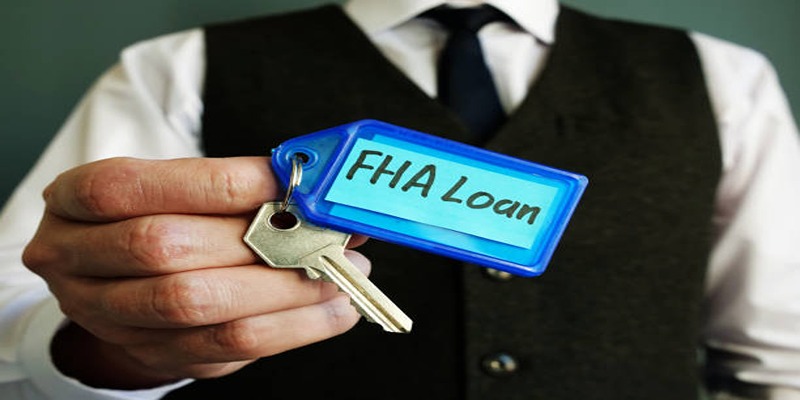
Despite their many benefits, FHA loans are sometimes misunderstood. Here are common myths debunked.
Myth: FHA loans are only for first-time buyers.
Truth: Anyone can apply for an FHA loan, whether it’s your first home or your fifth, as long as you meet the eligibility criteria.
Myth: FHA loans are more expensive than conventional loans.
Truth: While FHA loans do require mortgage insurance premiums (MIP), the lower interest rates and minimal down payment requirements often offset these costs.
Myth: You can only buy a single-family home with an FHA loan.
Truth: FHA loans can also finance multi-family homes (up to four units), condos, and manufactured homes!
Conclusion
For buyers with low credit scores, FHA loans offer unique opportunities to achieve homeownership without the traditional hurdles of high credit score requirements and steep down payments. They provide flexibility in financial qualifications and substantial support along the way. Start by assessing your qualifications and connecting with an FHA-approved lender who can guide you through the process. With the right approach, your dream home could be closer than you think.




